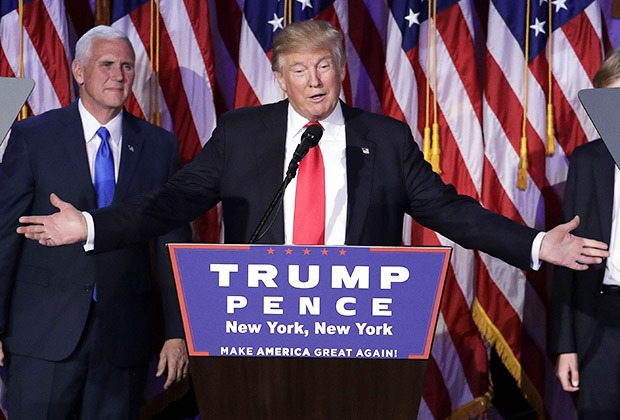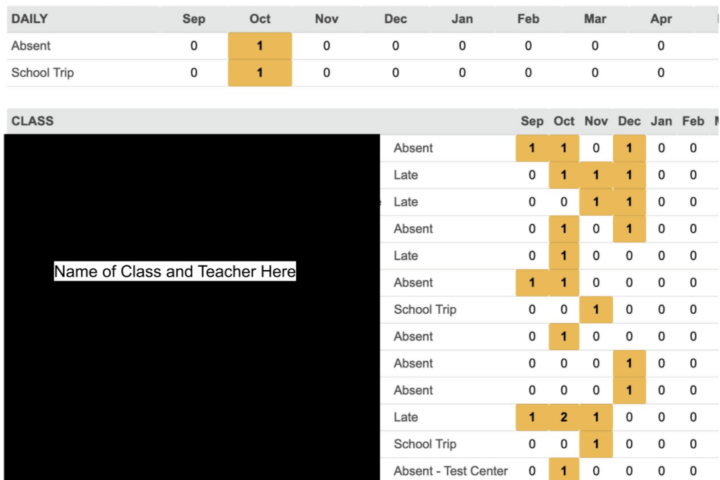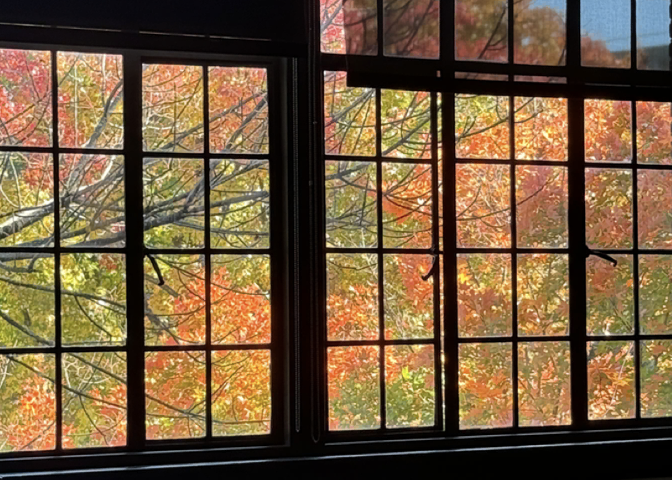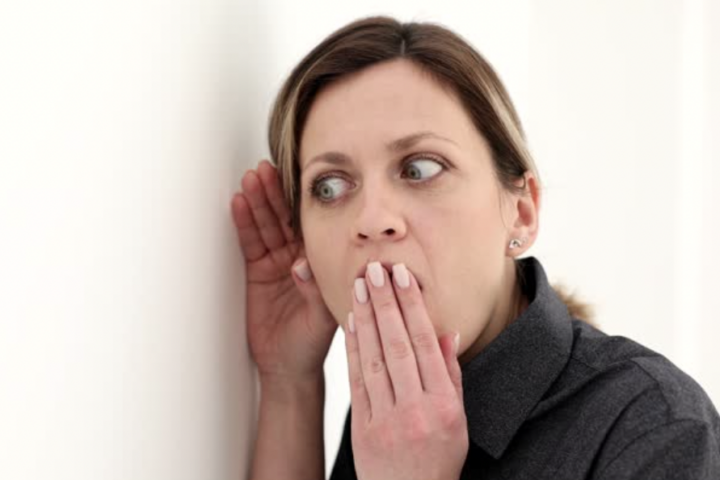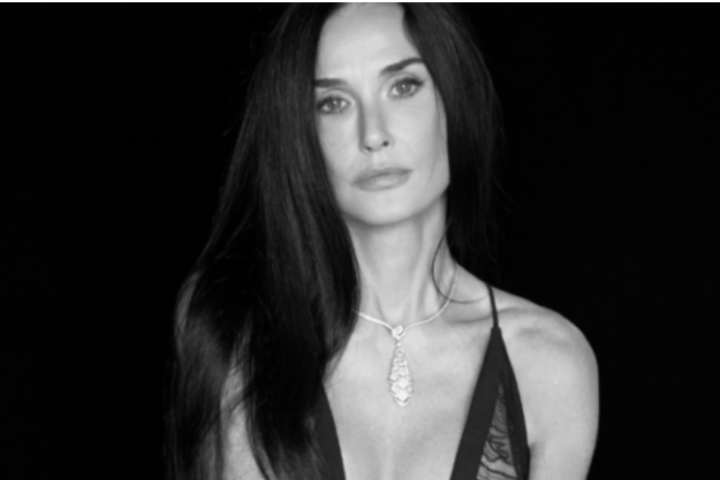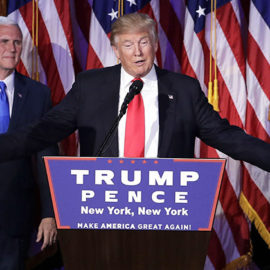
Emotions ran high in Fieldston’s corridors on Wednesday, November 9, following the election of Donald J. Trump as the 45th President of the United States. While a small minority supported Trump, most of the community was crushed by the defeat of former Secretary of State Hillary Clinton, the first female candidate for President on a major party ticket.
Before the votes were tallied for the 2016 presidential election, Obama said in a video to the American public, “remember, no matter what happens, the sun will rise in the morning and America will still be the greatest nation on earth.”
Obama was right. The day after the election, the sun came up and Fieldston’s doors opened as expected. But, for the rest of the week, nothing at Fieldston looked like business-as-usual. Some Fieldston students and teachers cried in the halls and in their classrooms, some screamed with friends, others sought help from the school physiatrists, and many attended meditation sessions. Many teachers took time from the curriculum they had planned to address students’ questions about the unexpected results, the incorrect polls and possible consequences of a Trump presidency.
“I feel like this is the apocalypse. This is the end,” said Jane Forman (IV). “I keep on asking myself, ‘when will I wake up from this dream?’ But every second goes by, and I haven’t woken up.”
Principal Bob Cairo sent out an email to the Upper School calling for a community gathering before classes on Wednesday to discuss the results of the presidential election.
“In the aftermath of the election, there are many students and faculty experiencing some strong feelings about the outcome of the election,” said Cairo. “Regardless of our political stance, I think it’s important that we, as a community, acknowledge these feelings and allow people a space to process them.”
Cairo acknowledged that classes may not run as usual because students may need an outlet to mourn and process the election, and explore the effect the result has on the Fieldston community, individuals belonging to marginalized groups, and the future of our country.
“When I threw the floor open to my class this morning, the main thing my charges seemed to want was information: Would he be allowed to do this? What will happen in the event of that?” said Fieldston U.S. history teacher Jim Cullen in an article in The Washington Post the day after Trump won. “As a high school history teacher, there are two intersecting sources of solace as I go about my job the day after a historic — and to a great many people, upsetting — election. The first is that necessity requires me to put aside my own unease and confusion as I try to help adolescents process an event that is necessarily unprecedented for them, though I have resources (ranging from professional expertise in managing a conversation to having been around the block a time or two) that I bring to the classroom to assist with that.”
Dean of Students Nancy Banks stepped forward and announced that the Fieldston community should remember we are, in fact, stronger together.
“Given the unprecedented misogyny, racism, sexism, and hatred of this presidential campaign, I was thinking that you all may be feeling pretty hopeless right now,” Banks said to Fieldston’s Women’s Leadership Program. “Let’s all remember we are in this together as committed feminists and social justice activists!”
Banks also sent an email to the whole Upper School about open-mic sessions and meetings during lunch and free periods to discuss the election.
“I know that many of you are hurting today,” Banks said. “Please know that we will work together as a community to get through this and take concrete steps to make this nation and the world a more just and better place.”
Teachers spent class time on November 9 playing Clinton’s concession speech, reading articles, and letting students speak their minds.
“It shows a lot of character that Fieldston teachers stopped class to watch, discuss and be a part of history,” Krista Delany (IV) said.
Through discussion, silence, debate, tears, and even acceptance, everyone in the community got through the day and many went home ready to fight.
“Today is to mourn. Tomorrow is for action,” Ananya Tinaikar, Fieldston class of 2015, wrote on Facebook.
On November 10, the Fieldston community came to school ready to implement change. The results of the election were irreversible. Donald Trump had won, Hillary Clinton had lost. Members of the community picked their heads up, accepted the bitter truth, and got to work.
Administration quickly revised the Modified Awareness Day (MAD) that was originally planned for November 10 to discuss the Upper School’s summer reading book. Instead of studying Consequence: A Memoir by Eric Fair, the MAD focused on the presidential election results.
On the evening of November 9, Cairo sent an email to Upper School students and teachers with the subject, “Processing today and moving forward tomorrow.”
“After considerable reflection and discussion among administration, faculty and student MAD leaders, we have decided to change tomorrow’s MAD program to better meet the post-election needs of students and faculty,” Cairo said. “The planned assembly and break-out sessions related to the summer reading will not take place. Instead, our assembly and break-out sessions will allow for further processing of our feelings and for reflections on how we can move forward as instruments of change in our society.”
The MAD schedule included writing a letter to Donald Trump, exploring how to take environmental action, writing poetry, discussing restorative justice, brainstorming about action plans with the Political Activism Club, examining intersectionality in the 2016 election, studying the importance of art expression, and analyzing the impact of music on the world.
During one of the MAD sessions, Fieldston students anonymously wrote down their fears. Some of the fears included, “the Supreme Court,” “backwards progress,” “my future daughter and daughters everywhere,” and “people of color and marginalized people losing intrinsic rights.”
After students addressed their fears, they wrote down things they wanted to do to fight as a school. Their ideas included “increasing our community outreach and political organization,” “creating an inclusive environment for all students,” and “bringing together our community so our community can bring together the larger public and unite them through acceptance and social justice.”
Students went on to write down things they could do to enact change as individuals. Some of the plans were “working to protect the environment,” “using my privilege to break glass ceilings,” “voting, not just in presidential elections, but local elections,” and “speaking out on a larger scale –– going to D.C, protesting and petitioning.”
Even with all the uncertainty and fear at Fieldston, in the United States, and in the world, by the end of the MAD, many Fieldston students had found a glimmer of hope. One student anonymously wrote, “We need to be able to recognize that progress is not linear and to overcome this setback.” Another wrote, “Somehow love will always trump hate.”

